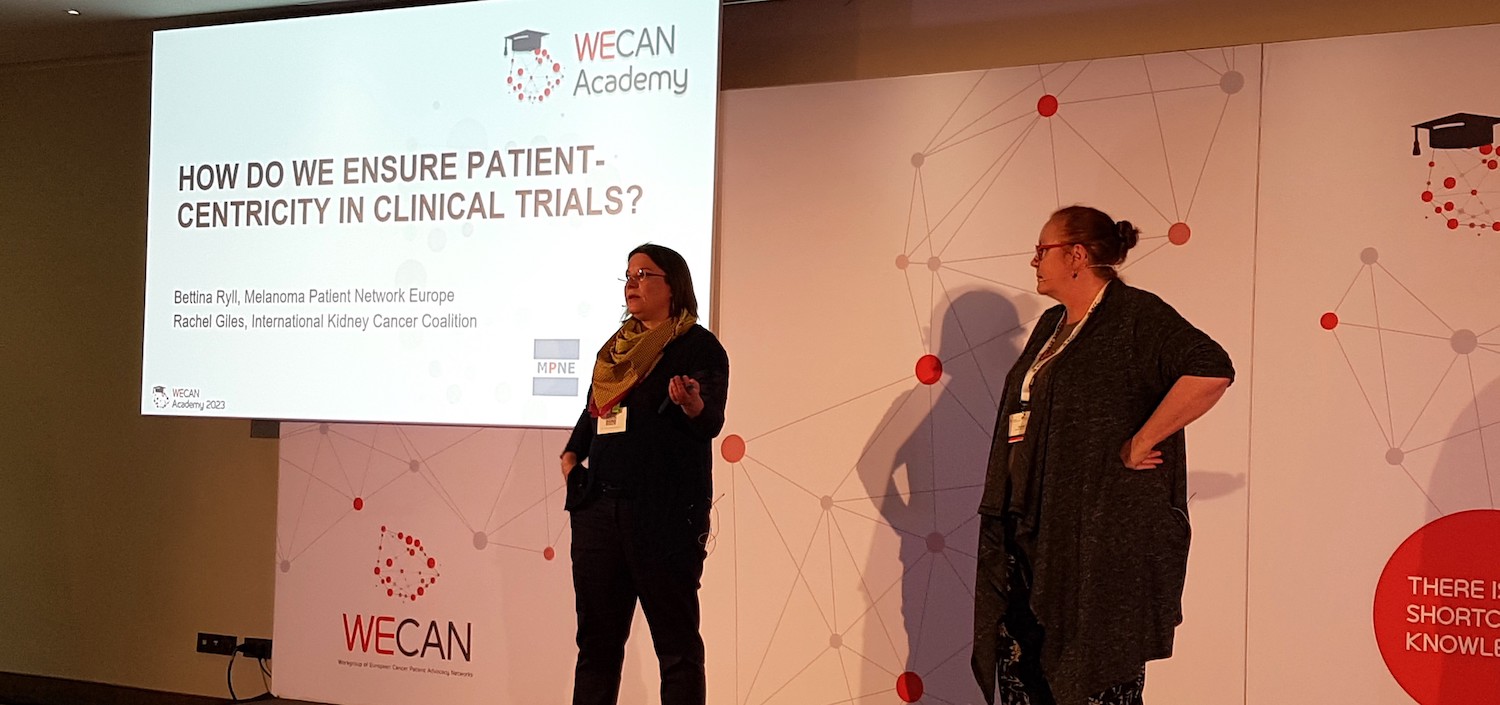News
Trial defines breast cancer population who can omit sentinel node biopsy
Breast cancer patients with no axillary lymph node involvement apparent on ultrasound scans, and with tumours less than 2cm, had similar outcomes regardless of whether they underwent sentinel lymph node biopsy or no axillary surgery. The results of the Italian…
Statin use lowers risk of colorectal cancer in inflammatory bowel disease
Statin use was associated with a lower risk of colorectal cancer, colorectal cancer related mortality, and all-cause mortality in a patient population with inflammatory bowel disease. The Swedish study, published online in eClinicalMedicine, 1 September, found benefits depended on duration…
New drug breaks through fibrotic tissue in pancreatic cancer
A drug targeting scar-like ‘fibrotic’ tissue within tumours shows promise for treating pancreatic ductal adenocarcinoma (PDAC). In the study, reported online in Nature Cancer, 28 August, Australian investigators showed in mouse and human models of PDAC that, when the drug…
Anti-oestrogen provides novel strategy to boost checkpoint inhibitors
Adding anti-oestrogen therapy improves response to combined chemotherapy and immune checkpoint inhibition in tumours that do not express oestrogen receptors. The Japanese study, published in British Journal of Cancer, provides a new rationale for introducing therapies blocking oestrogen signalling to…
Anticancer benefits from Mediterranean ‘lifestyle’ can be transferred to non-Mediterranean population
High adherence to a ‘Mediterranean lifestyle’ is associated with lower cancer mortality in a dose-responsive manner. The study, published in Mayo Clinic Proceedings (16 August), showed that UK adults who are the most adherent to a Mediterranean lifestyle have a…
Europe’s patient advocates skill up to better influence cancer care and research agendas
Patient advocates for a wide range of cancer communities across Europe spent four days at the start of July honing the skills they need to influence the policy, research and healthcare decisions that matter to them. This was the second…
Transcriptional signature provides clue to CAR T cell longevity
A transcriptional signature of 21 genes has been found to occur across patients with paediatric B-cell acute lymphoblastic leukaemia who have durable responses and long-lived CAR T cells. The UK study, published online in Nature Medicine, July 6, did not…
Cardiorespiratory fitness reduces risk of developing and dying from cancer
Higher levels of cardiorespiratory fitness may reduce the incidence and mortality of specific cancers in men. The Swedish male cohort study, published online in JAMA Open Network, June 29, found that higher levels of cardiorespiratory fitness were associated with a…
Four-protein biomarker test helps personalise lung cancer screening
Integrating a panel of four circulating protein biomarkers with a lung cancer risk model identified individuals at high risk of developing fatal lung cancer. The study published in Journal of Clinical Oncology, June 28, demonstrated how including the biomarkers in…
Immune resilience: a clue to why some people live longer, have fewer infections, and get less recurrent cancer
Kidney transplant patients with high immune resilience, defined as the capacity to preserve/restore immunocompetence and control inflammation during inflammatory stress, are less likely to develop recurrent skin cancer compared to those with low immune resilience. An international study, published online…










